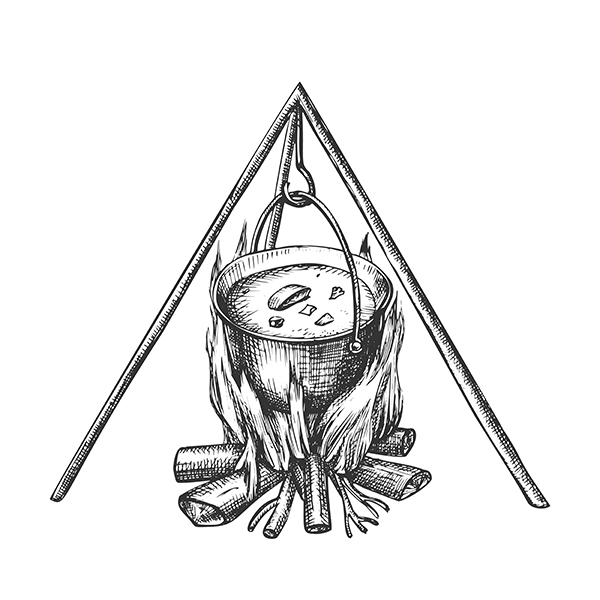
In an earlier post, I wrote about the issues around Plato’s philosophy toward food. In seeing it as too mundane to have any art to it, Plato basically subjugates anyone involved in cookery to a lower class than philosophers. Although it has been changing recently, this kind of thinking has persisted in Western philosophy long after Plato. As Lisa Heldke puts it in “Do You Really Know How to Cook?,” embodied knowledge has mattered less than mental knowledge:
The discipline of Western philosophy tends to be suspicious of new domains of inquiry, particularly when the domain in question seems so commonplace and ordinary—quotidian—also so embodied and temporal. Western philosophy characteristically has concerned itself with lofty mailers, with minds and the mental, and has left other fields to consider physical bodies—bodies that grow hungry, grow old, and die. Food—let it be said clearly—belongs unambiguously on the side of the bodily, the temporal, the quotidian (202).
But there is a case to be made that food can be seen as embodied, lived philosophy. “What happens if we think of cooking not only in terms of food and its benefits for those who eat it, but also in terms of the benefits of cooking for the cook?” she asks. By focusing not on the product of cooking, but on the process, Heldke challenges Plato’s assumption that there must be a distinct hierarchy between pursuits of the body and pursuits of the mind. “Consider the possibility that it is an activity the very practice of which can improve those who engage in it. To suggest that cooking might be such an activity again involves challenging Plato’s distinction between bodies and souls and between knowledge and knack.” Cooking might be beneficial precisely because of its embodied-ness. Heldke writes, “Cooking might in fact be an activity which improves one precisely because it requires a constant interplay between so-called mental work and manual work.”
To this, I would add that the mindful cook–and what philosopher cook wouldn’t be mindful?–must also think in terms of food supply chains, ecologies and temporalities. (One must find food. One must not deplete food sources. Food spoils over time.) This means that the philosopher cook must navigate (or oversee the navigation of) complex networks of people, places, and things over distances in a race against time.
Heldke writes, “[Cooking’s] virtue lies in part in the way it resists neat divisions between bodies and souls.” There’s a reason why all religions have important ceremonies involving food, why they leave important texts with instructions about food, and why many great foods grew out of the traditions that rose from the ceremonies, texts, and gatherings. Just as there is a philosophy of dismissing food as too base, there is a philosophy of working through or living with, the complexity between the celestial and the terrestrial that happens at the intersection of cooking and rhetoric. How we work through, resist, or accept that confusion shapes our philosophy and our communication. Our decision to lean into or to turn away from, say, roasting meat and/or the social and religious tradition that grew up around it, is an example of the interplay between mental and manual work that tradition requires.